Remember Jenny Jones? If you were a fan of daytime TV in the ’90s and early 2000s, her name probably rings a bell. Jenny Jones, along with people like Montel Williams, Maury Povich, Ricki Lake and Jerry Springer, were part of the golden era of daytime talk shows. No topic was off-limits. The more outrageous, the better. It was utterly insane at times, but it was magical. The Canadian-born entertainer rose to fame as the host of The Jenny Jones Show, which aired from 1991 to 2003. But what led to her disappearance from the spotlight?
Jenny Jones didn’t start out in television and, considering how mild-mannered she comes off as, she has a surprisingly interesting backstory. Born Janina Maria Stronski in Bethlehem, Palestine, she had a notably rocky childhood growing up in London, Ontario, marked by family struggles, substance abuse and rebellious behavior. At 17, she ended up dropping out of high school to pursue a career in music, forming a band and touring Ontario’s mining towns. Her path eventually led her to Hollywood and Las Vegas, where she performed with an all-female rock band called The Cover Girls.
In the 1980s, Jones pivoted to stand-up comedy. At this point, it genuinely feels like she was just adlibbing her life. But her big break came in 1986 when she won a season of Star Search, catching the eye of TV producers. After appearances on game shows like The Price Is Right and Press Your Luck, Jones landed her own talk show in 1991.
What ultimately ended this daytime TV icon’s career?
The Jenny Jones Show was an instant hit, becoming the largest debut in syndicated talk show history. Jones’s approach was initially seen as a softer alternative to the more sensationalistic shows of the era. However, as competition grew fiercer, the show began to embrace more controversial topics. This shift in content would ultimately lead to the show’s downfall. In 1995, tragedy struck when an episode titled “Same-Sex Secret Crushes” went horribly wrong in the worst way possible. Scott Amedure appeared on the show to reveal his crush on his friend, Jonathan Schmitz. Three days after the taping, Schmitz, who had a history of mental health issues, murdered Amedure.
The fallout was nuclear and is still one of the most controversial events in daytime television history. It also called into question the underlying morality of these types of shows. Amedure’s family sued the show, claiming it should have known about Schmitz’s mental health history. While they initially won a $25 million verdict, it was later overturned on appeal. The incident cast a long shadow over Jones and her show, leading to declining ratings and advertiser hesitation. During the trial, Jenny Jones was called to testify. Her testimony was widely criticized as evasive and unsympathetic. She maintained that the show bore no responsibility for Amedure’s death, a stance that many found callous given the circumstances.
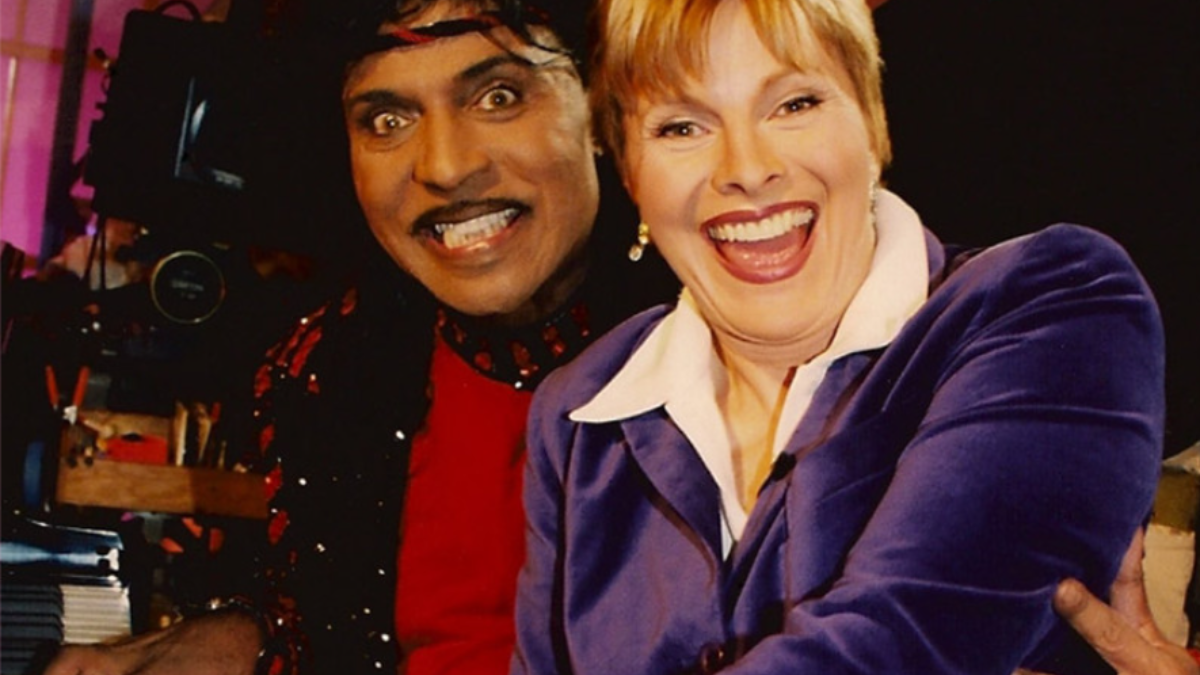
Despite the controversy, “The Jenny Jones Show” continued for another eight years. However, by the early 2000s, public interest in daytime talk shows was waning. In 2003, the show was canceled, marking the end of Jones’s reign as a daytime TV queen.
After the show ended, unlike some former talk show hosts who faded into obscurity, Jones dove head-first into finding new passions. She turned her attention to cooking and philanthropy, launching a website called Jenny Can Cook in 2006. She also released a cookbook, Look Good, Feel Great, focusing on healthy home cooking.
She also became an advocate for breast cancer research, serving as an honorary chairperson for Susan G. Komen. In 2006, she established the Jenny Jones Foundation, which supports women’s health services and education. She also created JennysHeroes.com, highlighting everyday people making positive impacts in their communities.
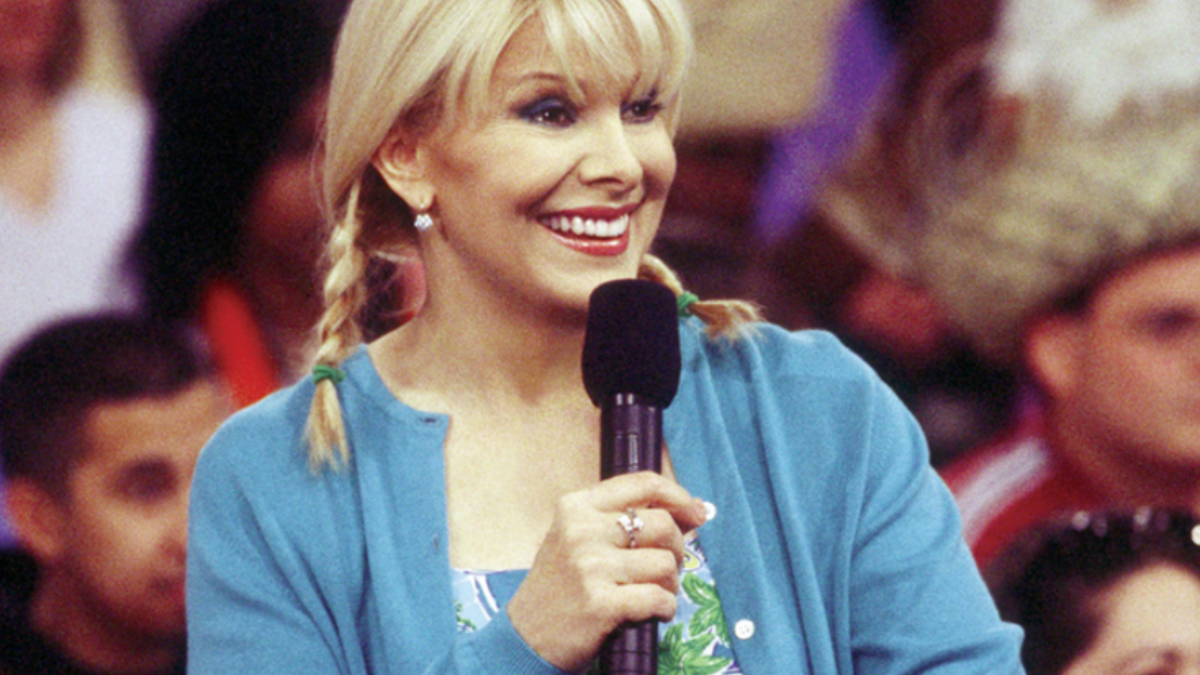
On the personal front, Jones has had her share of ups and downs. She’s been married three times, with two divorces and one annulment. It looks like she’s finally found her person though. For several decades now, she’s been in a long-term relationship with Dennis McCallion. Today, Jenny Jones continues to share her love of cooking through her YouTube channel, where she posts recipes and cooking tips. So, even though she’s not on our TV screens anymore, she’s found a new audience online.
I guess the story of Jenny Jones serves as a cautionary tale about the risks of sensationalism in media and the overall unpredictable nature of fame. Although her talk show career ended in controversy, Jones has managed to reinvent herself, finding purpose outside of Hollywood, and connecting with fans in new ways. It’s a reminder that there’s often life after the spotlight fades. Sometimes, it’s just a matter of finding a new recipe for success.



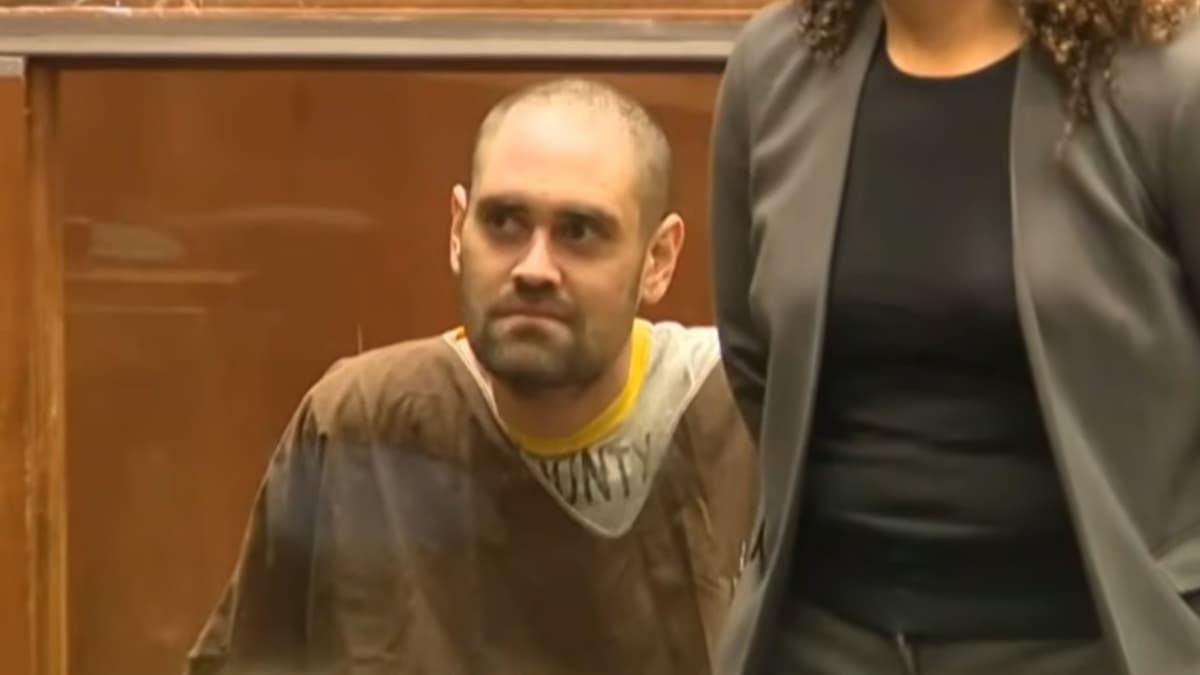
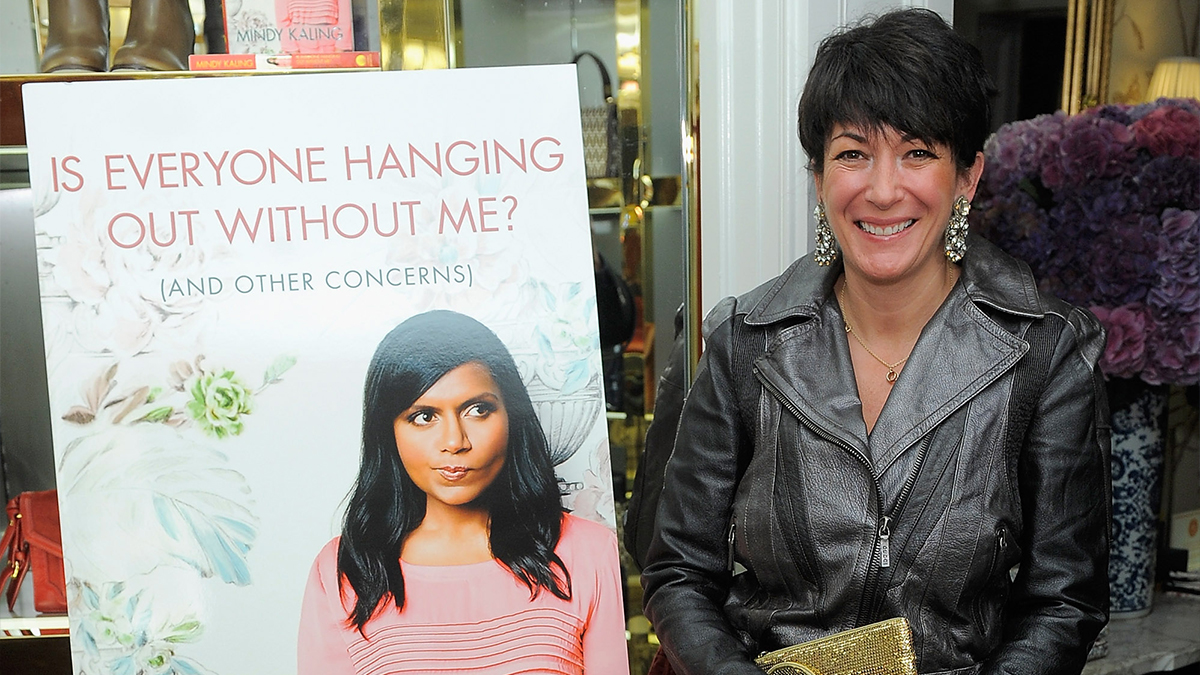
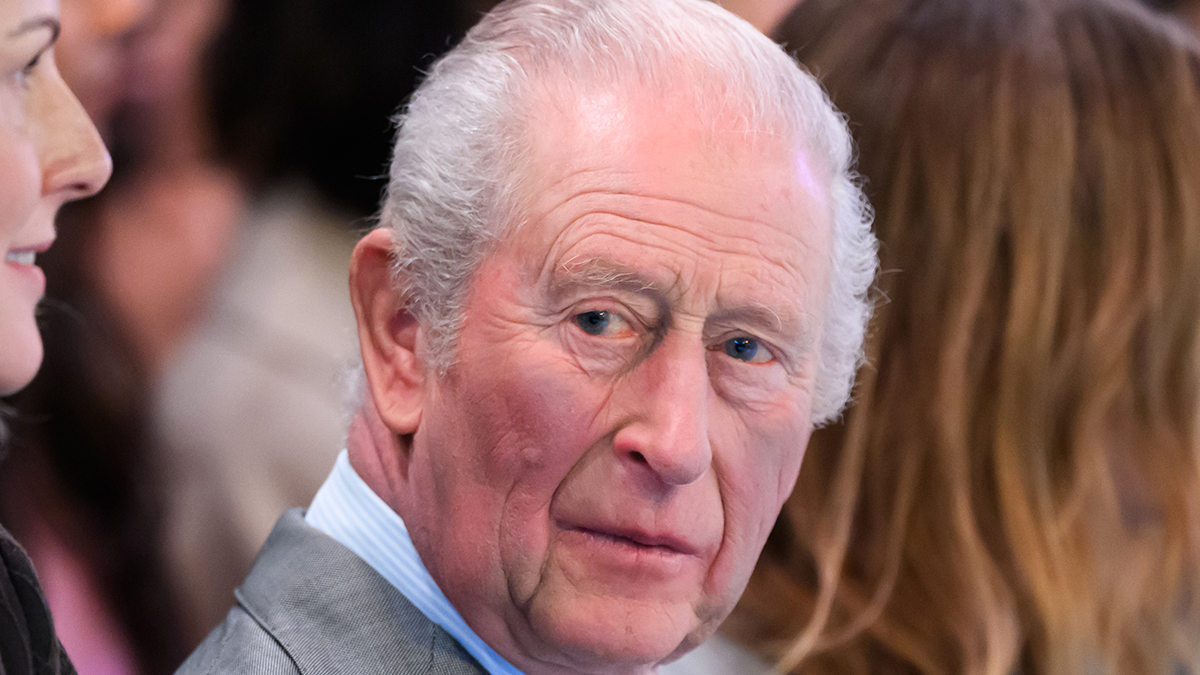
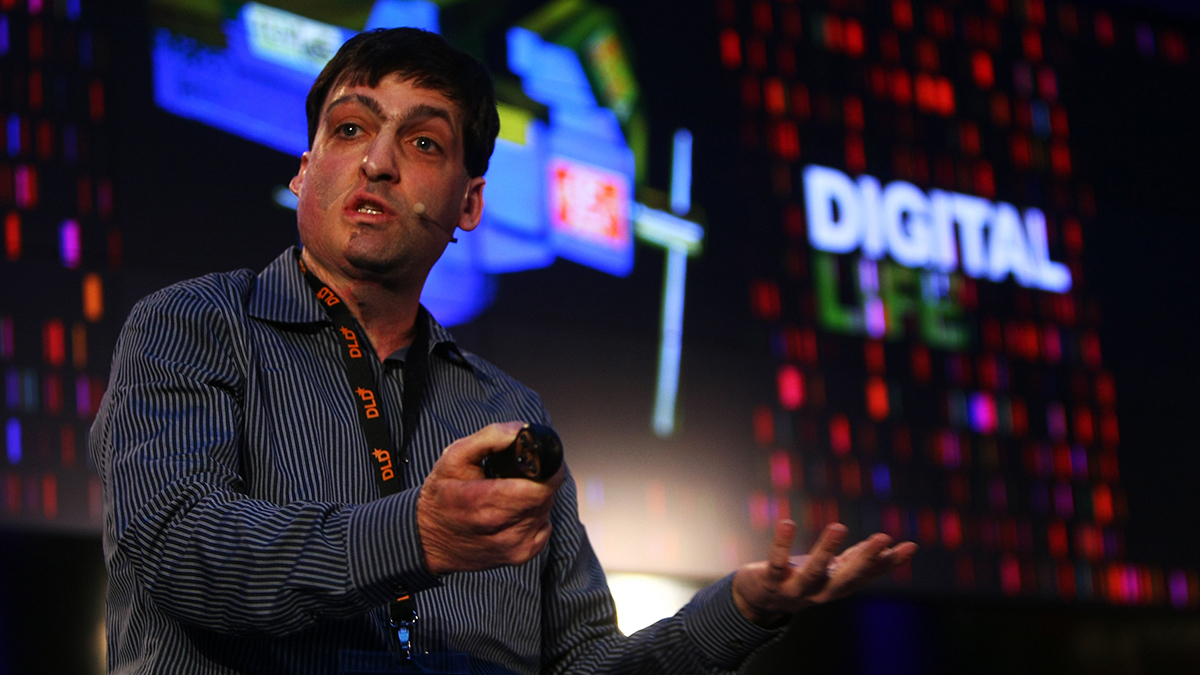
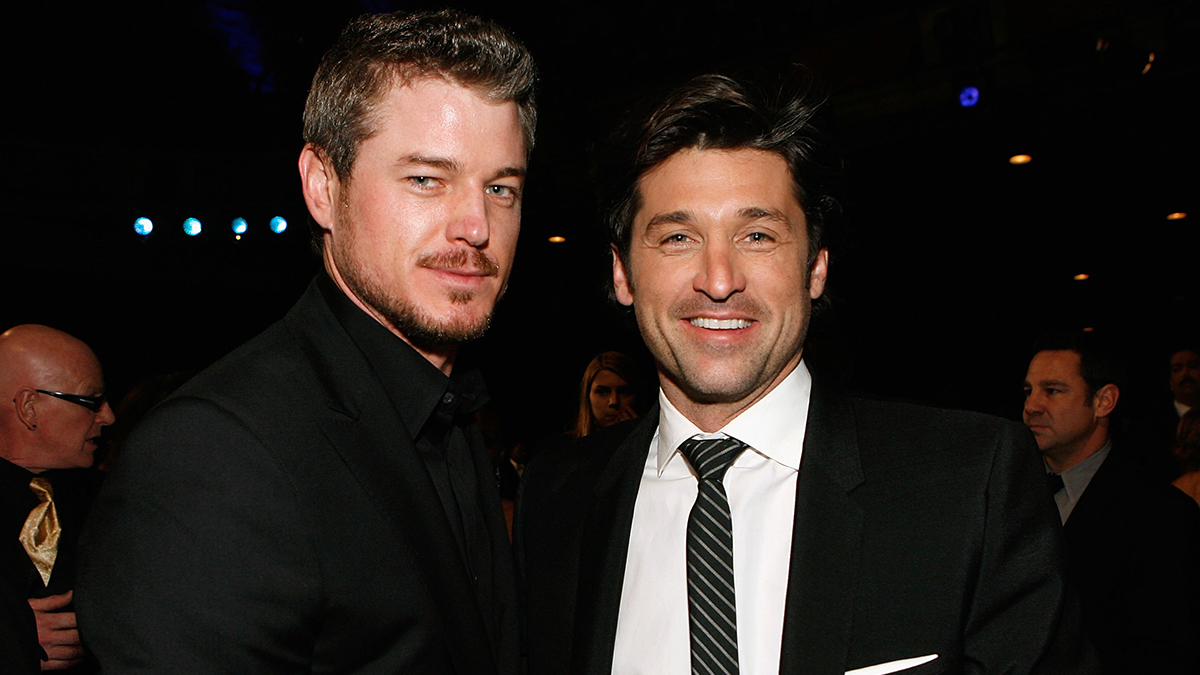
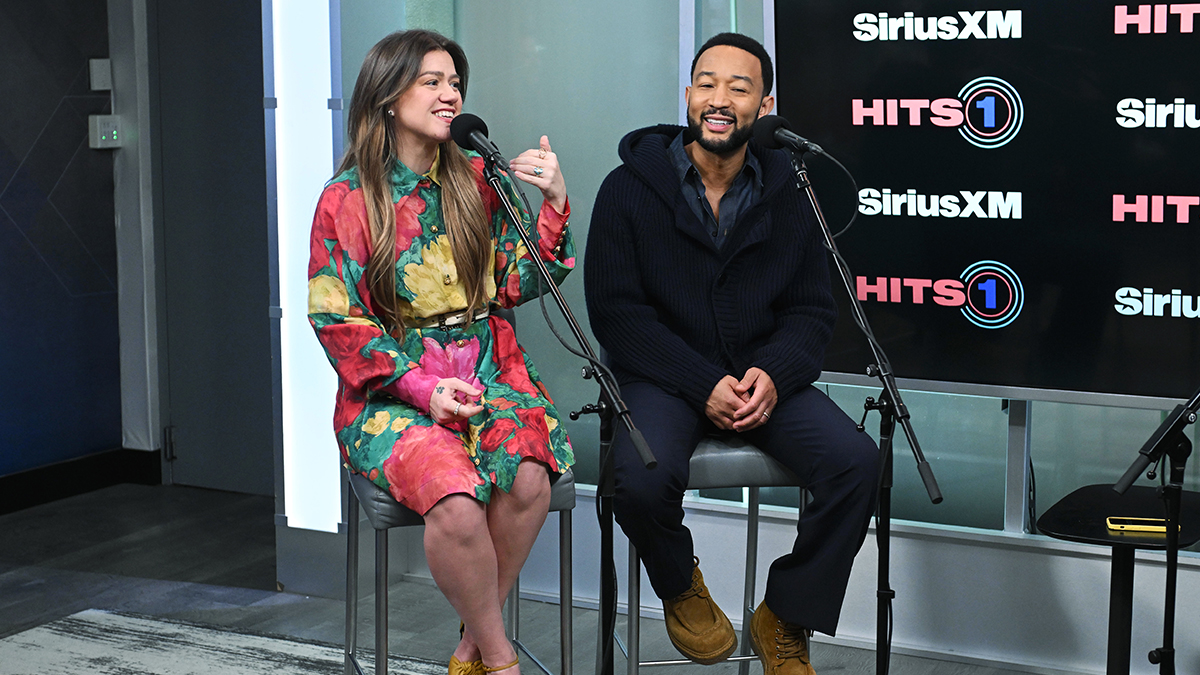
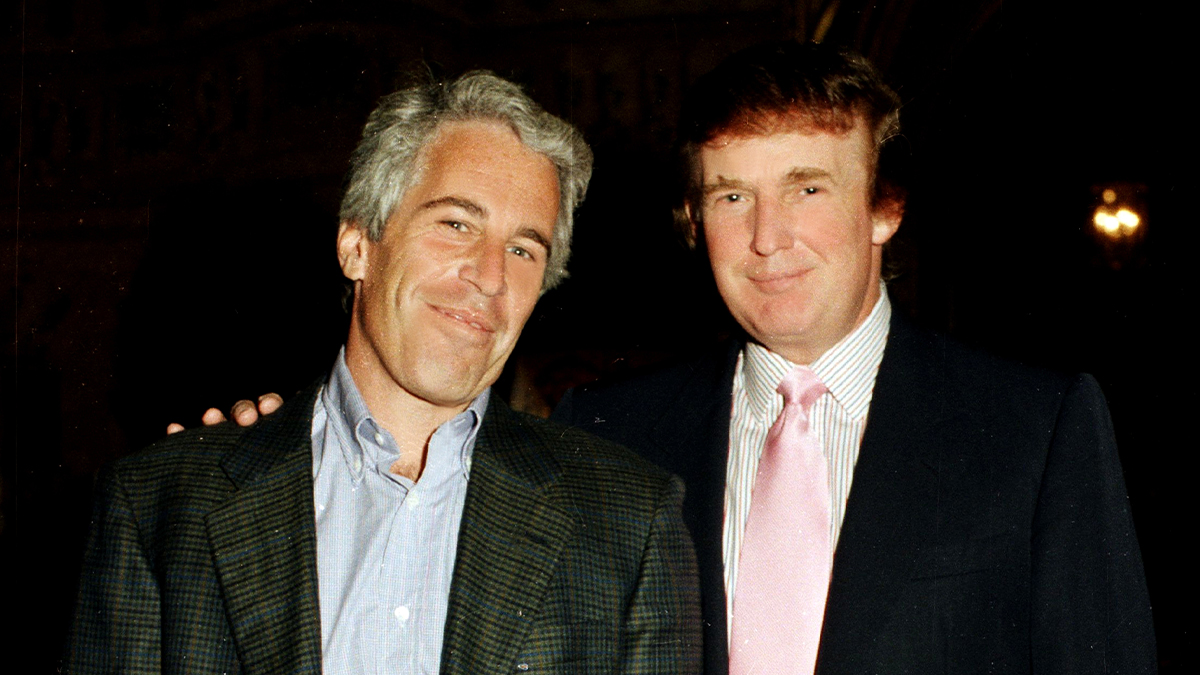

Published: Jul 12, 2024 04:34 am